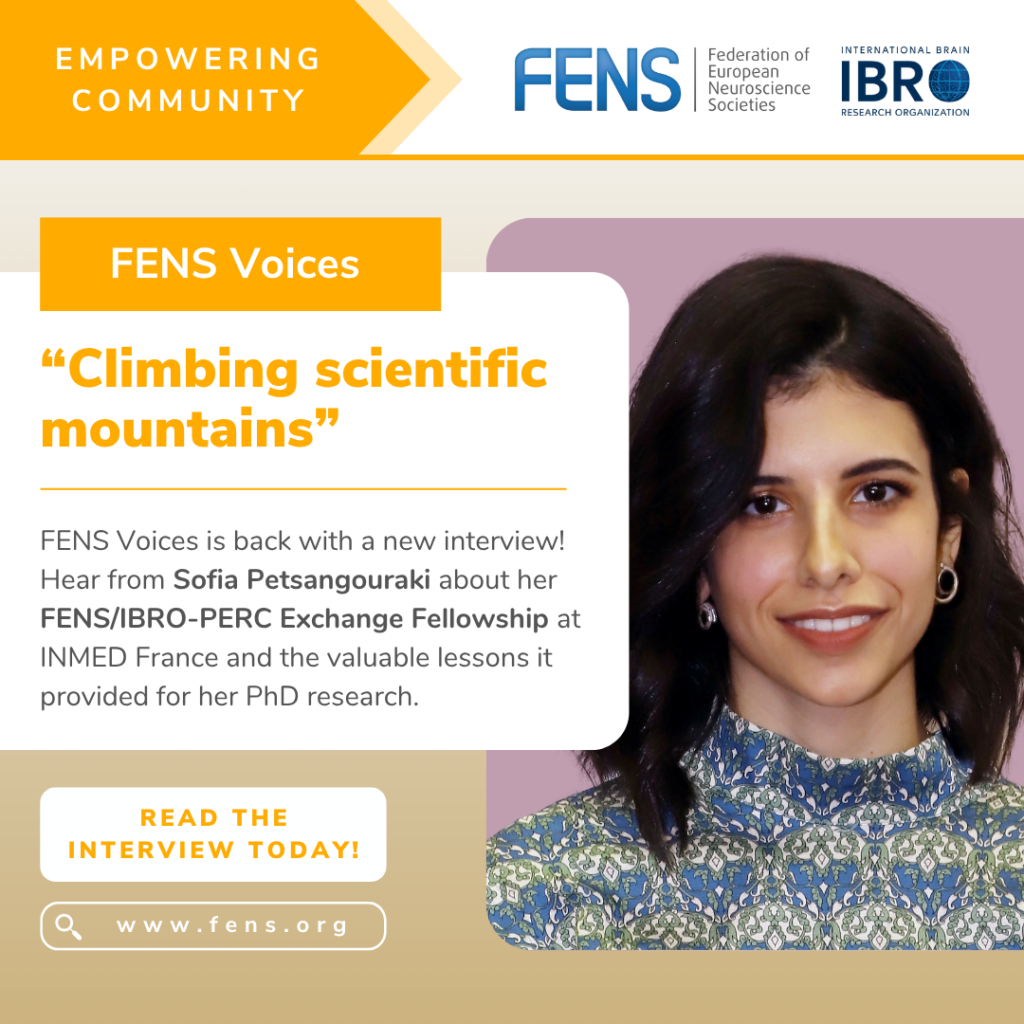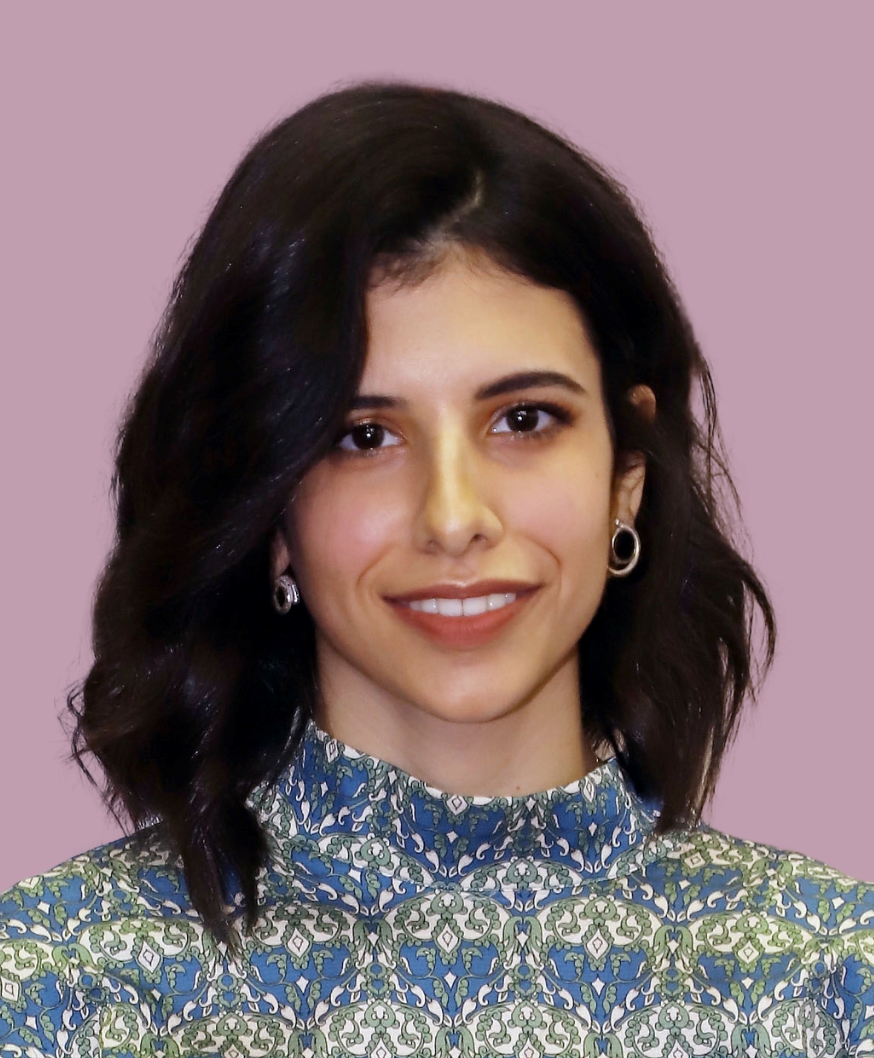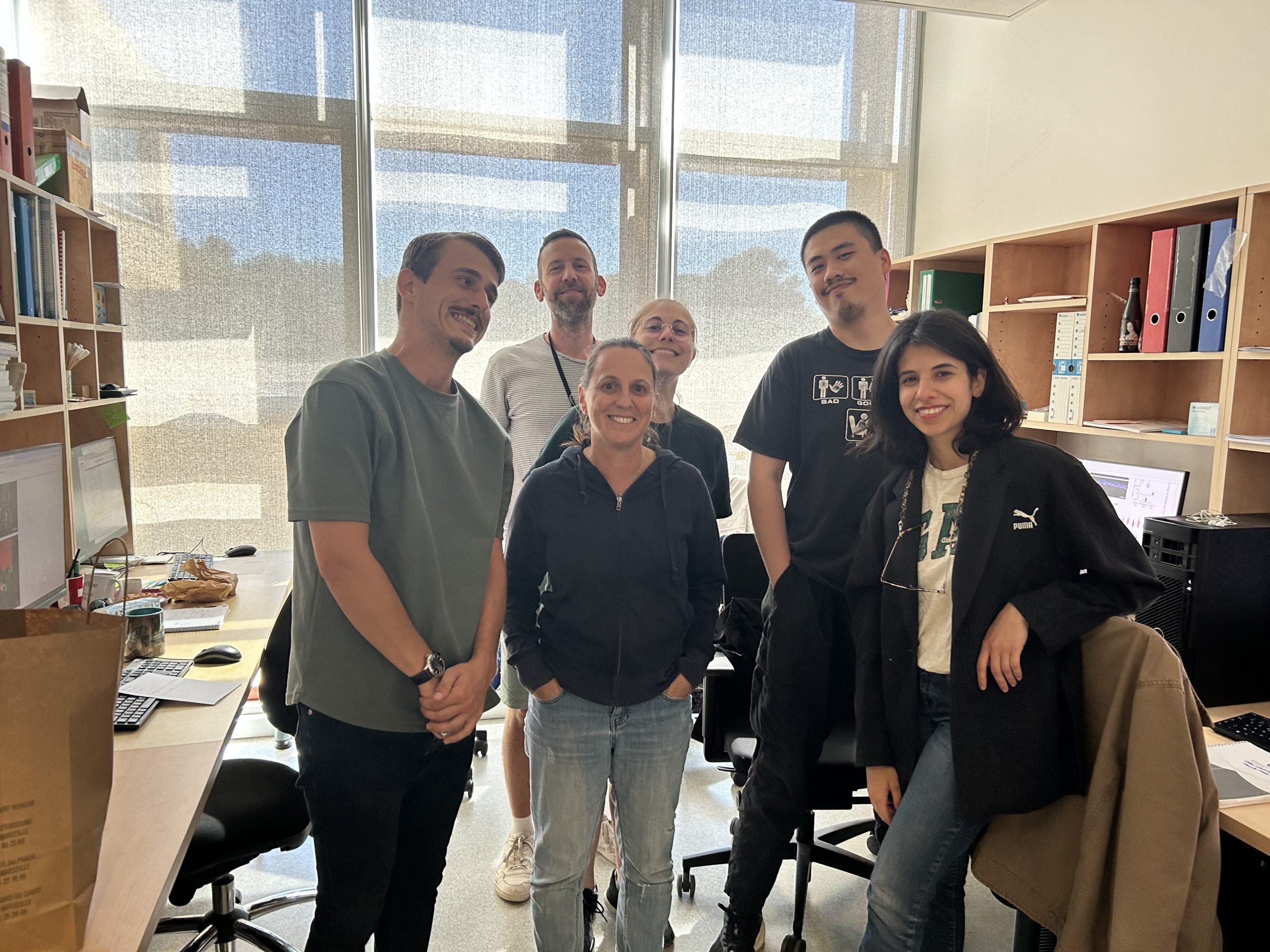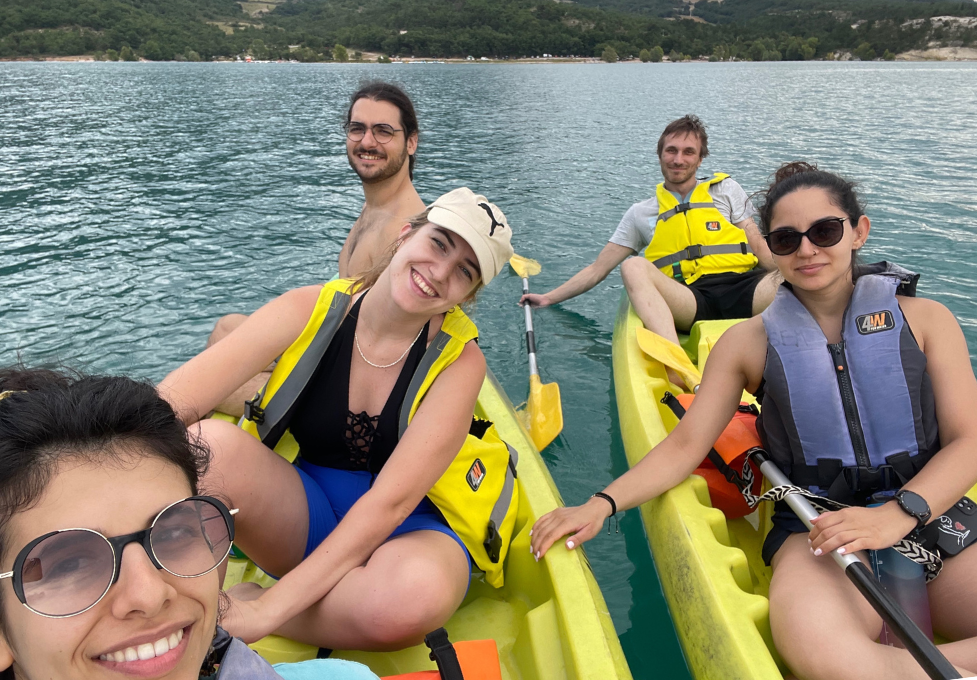
FENS Voices | Sofia Petsangouraki: Climbing scientific mountains
03 April 2025
FENS News, Neuroscience News
From May to September 2023, Sofia Petsangouraki, a PhD student at the University of Crete and IMBB-FoRTH, conducted a research exchange at INMED France in Marseille. This opportunity, which advanced her doctoral research, was made possible by a FENS/IBRO-PERC Exchange Fellowship Grant of EUR 2.600.

While at INMED, Sofia specialised in electrophysiology, receiving hands-on training in patch-clamp recordings of hippocampal interneurons – a technique she could not perform at her home institution. These recordings, conducted in mutant TAG-1/Cntn2-deficient mice, are being integrated into her PhD thesis as well as the research of her host lab, and are expected to yield publishable findings. Outside of the lab, Sofia also attended weekly seminars with an interdisciplinary group of neuroscience researchers, and in June 2024, she presented her findings at the FENS Forum in Vienna, Austria.
In an interview with FENS Communications Assistant Quaid Cey from March 2025, Sofia discusses her experience as a FENS/IBRO-PERC Exchange Fellow, explains why it was vital for career trajectory, and offers future applicants a few words of advice.
Read the full interview below.
Can you tell us a bit about yourself?
Sofia: Of course! My name is Sofia, and I’m doing my PhD research at the University of Crete in Greece. Recently, I was awarded the FENS-IBRO/PERC Exchange Fellowship to visit INMED in Marseille, where I did some experiments to conclude my PhD thesis.
What inspired you to go into neuroscience?
Sofia: My journey into neuroscience started with a fascination for how molecular mechanisms govern brain function. I started my studies in biology – more specifically, molecular biology – but was drawn to neuroscience during my master’s. Back then, I was impressed by the complexity of neuronal circuits and the way the brain adapts in both health and disease. So, I decided to pursue a PhD, in which I’m focusing on the maturation of interneurons in the hippocampus.
How did you first hear about the FENS/IBRO-PERC Exchange Fellowship?
Sofia: I learned about the fellowship through a FENS announcement on LinkedIn. I thought it was a great opportunity to immerse myself in a different research environment, so I decided to apply.
What were you hoping to gain from the experience? How did you plan to integrate it into your career?
Sofia: The fellowship impacted me on multiple levels: scientifically, because I acquired expertise in electrophysiology, which I had no experience in, and professionally, because I expanded my network and established new collaborations, which may lead to future research opportunities.  And finally, it impacted me on a personal level, because I was living outside my hometown, outside my comfort zone, in a completely different environment, which broadened my perspective in international research and French culture.
And finally, it impacted me on a personal level, because I was living outside my hometown, outside my comfort zone, in a completely different environment, which broadened my perspective in international research and French culture.
How was the relationship between your host and home institutions strengthened through this fellowship?
Sofia: For my PhD thesis, I’m focusing on maturation of interneurons, and in Marseille, I did electrophysiological experiments. Right now, we are analysing the data that we obtained during my thesis, so I’m still in close contact with researchers from INMED. We exchange emails regularly, and we’re discussing ways to expand the project further. If I have trouble, I can always text them and they’ll answer. They are doing the analysis and we’re talking about finishing some stuff that I didn’t have the opportunity to conclude initially.
Did you feel that you received mentorship and guidance while you were in France?
Sofia: Yes, definitely. Beyond the technical training that they gave me, especially in electrophysiology, they also helped me troubleshoot difficult areas of my project – unsolved problems, let’s say – and gave me feedback. They helped not only with the practical and technical aspects of my research, but also with the theoretical background.
Are there any highlights from your time in France that you want to share?
Sofia: Oh, all the troubleshooting with electrophysiology. I don’t know if you are familiar with the field, but for me, electrophysiology is so difficult. It’s a huge mountain that I have to climb. But when I arrived, they were so open to helping me, and I had so many questions. I remember one time I had to troubleshoot the recording of some cells, and we were trying and trying again and again and again. Eventually, we managed, and the excitement was super contagious all over the lab.
 Something more personal that I can remember is like the last day of my fellowship, when they organised a small goodbye party. They brought sweets and beers, and that was emotional for me.
Something more personal that I can remember is like the last day of my fellowship, when they organised a small goodbye party. They brought sweets and beers, and that was emotional for me.
I also had the opportunity to meet scientists from different areas in the field of neuroscience and with different interests. We had weekly meetings, they gave me new ideas, and that was really helpful.
Would you say then that these fellowships are a good opportunity for someone to gain skills that they may not have developed yet – to try something totally new?
Sofia: Yes, definitely. That was the case for me. The key is finding the right collaboration and creating a strong proposal, but both the home and host institutions need to be in contact. That was the key point for my success, I would say.
Since the fellowship, how have you applied the skills you gained?
Sofia: Being able to do electrophysiological recordings is my biggest achievement from the fellowship. When I tell other people in the field that I managed to patch cells throughout my fellowship, they’re impressed, and I’m also impressed, not just with myself, but with the whole team. “Teamwork makes the dream work”, as they say.
What advice would you give others interested in applying for an Exchange Fellowship Grant?
Sofia: First, choose the right lab – one that aligns with your interests and research projects and offers the skills that you want to learn. Also, communicate with the lab before the proposal to make sure they want to answer the same questions and you’re on the same page. And finally, enjoy the trip, enjoy the experience, because it’s a magical experience.